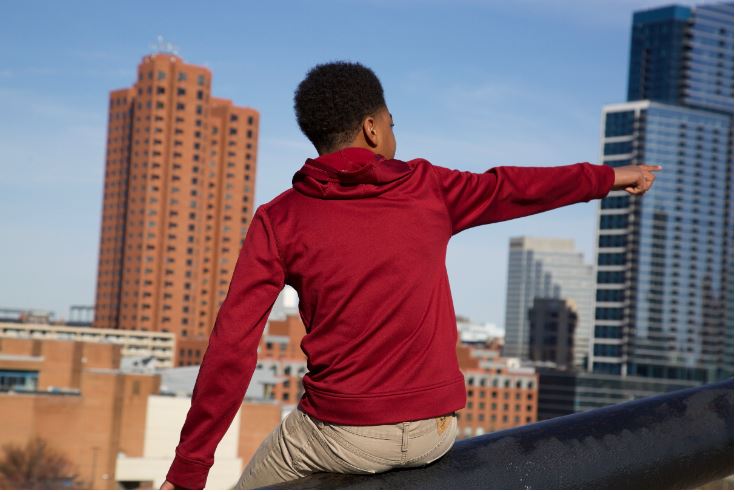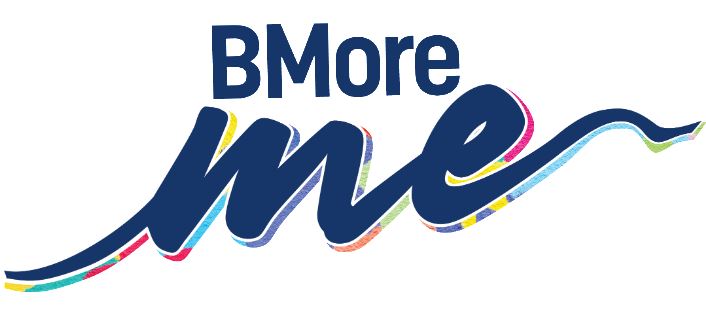[ad_1]
By Christina Ross, Special to the AFRO
Baltimore. It’s the city where Billie Holiday found her voice and generations of immigrants found opportunity. It’s where Lillie May Carroll Jackson launched “Buy Where You Can Shop” campaigns and where African American-owned businesses flourished on Black Wall Street. It’s where literary giants like D. Watkins raise critical perspectives on race and representation and Judge F. Michael Higginbotham works for justice. And it’s where the AFRO has told the stories of Baltimoreans for over a century.
These stories have been passed down for generations through families, within communities, and across continents. But, until recently, this history was largely missing from the curriculum taught to Baltimore’s young people. This left students searching for reflections of themselves and their city in a dominant narrative that rarely honored the power and achievements of people who looked like them or came from their communities.

At City Schools, we are changing that.
Last year, we piloted an exciting new initiative, BMore Me, in middle grade social studies classrooms across the city. Through a series of engaging lessons grounded in social studies and literacy standards, students dove into the history, legacies, and present-day realities of Baltimore.
Students researched notable Baltimoreans and debated about who deserved a monument. They took a critical lens to issues facing their communities, focused on generating solutions. They drew powerful connections between their learning and their lived experiences and seized opportunities to explore their own identities and perspectives in the context of Baltimore.

This year, we’re expanding BMore Me to grades 6 through 11. Using inquiry-based learning, students engage in critical thinking and research around a compelling question. For example, 9th graders are asked: “How did we get here— where are we going?” Students will explore the Progressive Era’s “muckrakers,” early 20th century journalists who exposed institutionalized corruption. Then they will examine Baltimore’s modern-day muckrakers like Devin Allen and Kondwani Fidel, who expose injustice today. In addition to research and writing, units will include arts-integrated lessons, inviting students to express their ideas creatively.
But BMore Me isn’t meant to be contained within school walls; it’s meant to build bridges to the vibrant communities in which our schools are nestled. We are establishing partnerships to enable to teachers to connect to museums, theaters, and experiences to enrich learning. We are also creating opportunities for community-based, cross-generational dialogue. Over the course of the year, we’ll host a speaker series, inviting distinguished Baltimore leaders and activists to spark discussions around themes in the curriculum. We will invite students, families, and educators to join the conversation and create additional school-based opportunities for families to engage. And, because BMore Me is intended to provide students not only a rich legacy on which to stand, but also a platform from which to speak, we will showcase students’ amazing work this spring in a city-wide event, elevating Baltimore stories and amplifying our students’ powerful voices.
In the meantime, stay tuned to The AFRO, where we’ll be passing the mic to teachers and students to share their BMore Me experiences.
[ad_2]
Source link

